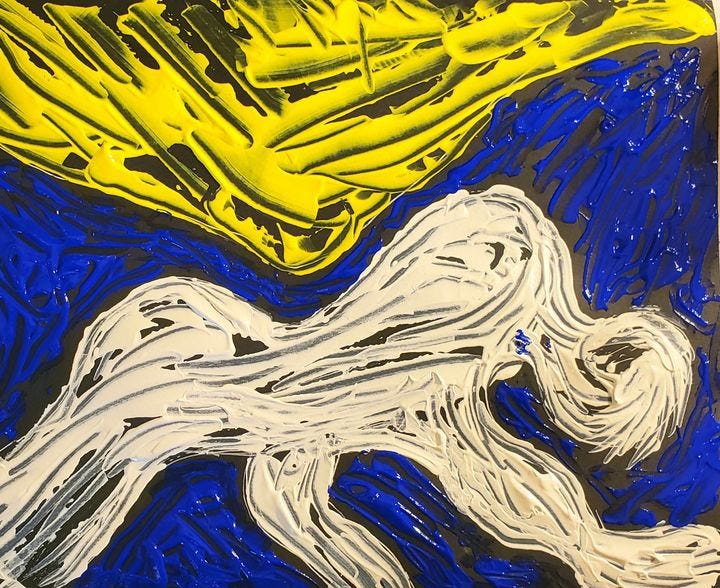Yours, humbly

Literary humility is as deceiving as it is important. While no writer ever declared their pride at tackling a given topic, theme or subject, ancient or modern, few authors were driven by anything other than pride and a sense of self-worth.
In the Divine Comedy, Dante the pilgrim, as Dante the author casts himself in the narrative…
Keep reading with a 7-day free trial
Subscribe to Biblonia to keep reading this post and get 7 days of free access to the full post archives.

